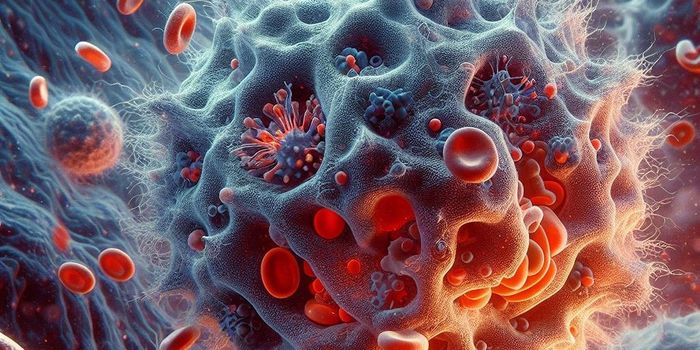Could Low-Dose Radiation Therapy Treat COVID-19?
Research from a century ago points towards the potential of low-dose radiation therapy (LDRT) for treating pneumonia. Even though studies reported symptoms to subside within just a few hours of a single X-ray, doctors took little notice. Now, amid the COVID-19 pandemic, new interest is gathering around the controversial research.
"Back in February, I started getting just dozens and dozens and dozens of emails from radiation oncologists —people who treat cancer patients with targeted radiation. And they had come across our paper and they thought that this might be a vehicle by which they could help suffering and dying Covid patients perhaps survive," says toxicologist Edward Calabrese, from the University of Massachusets, who wrote a paper on the potential of radiation therapy in 2013.
There are currently at least a dozen trials worldwide investigating the impact of LDRT in treating pneumonia from COVID-19. In countries including Italy, Iran, India, and the US, studies are recruiting between five and 106 COVID-19 patients with pneumonia, under the condition that half are at least 40 years old.
The theory goes that targeted radiation to the lungs can prevent inflammation from getting out of control in what's known as a 'cytokine storm'- one of the leading causes for deaths by COVID-19. To do so, some hypothesize that LDRT may be able to 'flick a switch' inside immune cells, so that they become anti-inflammatory instead.
Despite some hope that the treatment may work, experts are divided. While some are optimistic, others say that the radiation may in fact, exacerbate respiratory damage and perhaps introduce a cancer risk. Others say that patients partaking in this treatment may miss out on more promising treatments.
Some interim results however from a clinical trial of 10 patients with COVID-19 at Emory University seem positive. All of the first five patients at an average of 90 years old or over were alive two weeks following treatment and no longer needed oxygen within 24 hours of LDRT.
While promising results for some, others remain unconvinced. Ralph Weichselbaum, a radiation oncologist at the University of Chicago, said, "No one's going to be able to tell if it worked or not, unless it's a huge trial. By that time there will be some other treatment like steroids, which is a lot less dangerous and makes a lot more sense and is a lot more scientifically based... It's not thought-out. It's not of value. I don't take anything from these cases."
-
APR 30, 2024Immuno-Oncology Virtual Event Series 2024
-
MAY 07, 20243rd International Biosecurity Virtual Symposium
-
JUN 06, 2024The Future of Scientific Conferencing
- See More


















































